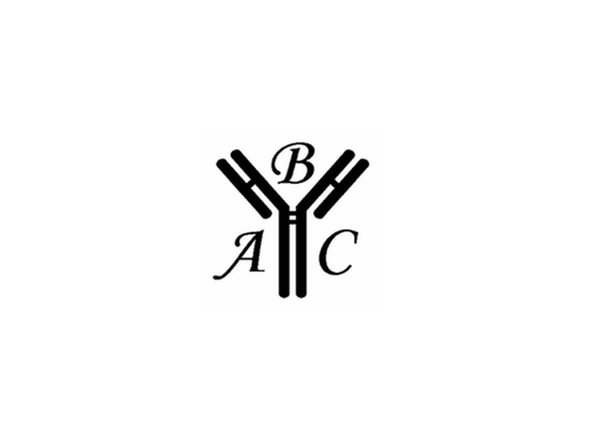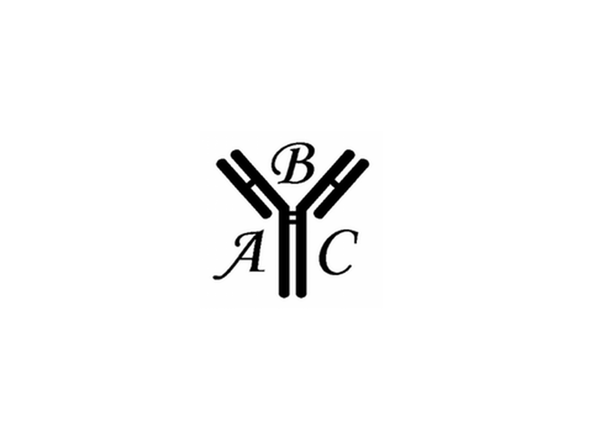Goat Anti-Human Plasminogen Neat Antiserum | ABMC-S26
- SKU:
- ABMC-S26
- Availability:
- Usually shipped in 5 working days
Description
Goat Anti-Human Plasminogen Neat Antiserum | ABMC-S26
| Host Species: | Goat |
| Antigen: | Human Plasminogen |
| Specificity |
Specifically binds to CML modified proteins. Dilution for immunoblot and ELISA range: 1,000 to 800,000. |
| Use: | The antibody can be used for detection of plasminogen in plasma and lipoproteins, immunoassays, immunoblots, enzyme conjugation, or biotinylation. |
| Storage: | Freeze-dried product should be stored refrigerated until opened. After opening, restore to suggested ml volume with distilled water. If it is not completely clear after standing for 1-2 hours at room temperature, centrifuge the product. It is stable for several weeks at 4°C as an undiluted liquid. Do not use for more than one day after dilution. For extended storage after reconstitution, we suggest aliquot to avoid repeated freezing and thawing; or the addition of an equal volume of glycerol to make a final glycerol concentration of 50%, followed by storage at -20°C. The concentration of protein and buffer salts will decrease to one-half of the original after the addition of glycerol. |
*These products are for research or manufacturing use only, not for use in human therapeutic or diagnostic applications.
IMPORTANCE
Plasminogen contains 810 amino acid residues. It is a single chain glycoprotein with m.w. 90 kDa (Robbins et al., 1967), soluble in water; prepared from plasma that has been shown by certified test to be negative for HBsAg and for antibodies to HIV and HCV.
Plasminogen is the inactive precursor of the protease plasmin. Plasminogen is activated by the action of either tissue plasminogen activator (tPA), which primarily activates the fibrinolytic (thrombolytic) activity of plasmin, or urokinase plasminogen activator (uPA), which is associated with extracellular matrix remodeling and cell migration.






